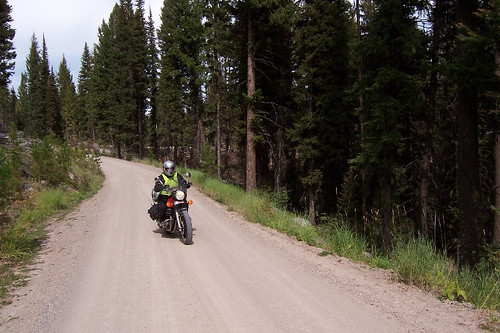 …Tourism and travel together has proven to be such a resilient industry that nothing is going to stop it. This has become a fact. It may be halted in certain destinations for a short period of time. But if these destinations are well established in the tradition of receiving people and have the right infrastructure and the right expertise then in the immediate and long term it comes back even stronger than it was. This has been our experience in many, many destinations all over the world. There is no stopping to this movement of people. I believe travel has become a human right. People are not going to stop traveling. They may alter their plans, they may postpone them a bit here and there, but the phenomena of traveling at the international level is going to continue to grow… No destination under the sun is immune from being affected or attacked. If not by a man-made terrorist or security related matter, then by a natural disaster. No place in the world is immune from this. I can challenge anybody to name me any place that tells me it’s impossible to have it. No place can claim to be 100% safe and secure. This is a fact. There’s never been anyhow. Does that mean that we stop traveling, we stop living as human beings, stop celebrating beauty of of life and the enjoyment that travel brings and the benefits that travel brings through it? We should never, ever do this…
…Tourism and travel together has proven to be such a resilient industry that nothing is going to stop it. This has become a fact. It may be halted in certain destinations for a short period of time. But if these destinations are well established in the tradition of receiving people and have the right infrastructure and the right expertise then in the immediate and long term it comes back even stronger than it was. This has been our experience in many, many destinations all over the world. There is no stopping to this movement of people. I believe travel has become a human right. People are not going to stop traveling. They may alter their plans, they may postpone them a bit here and there, but the phenomena of traveling at the international level is going to continue to grow… No destination under the sun is immune from being affected or attacked. If not by a man-made terrorist or security related matter, then by a natural disaster. No place in the world is immune from this. I can challenge anybody to name me any place that tells me it’s impossible to have it. No place can claim to be 100% safe and secure. This is a fact. There’s never been anyhow. Does that mean that we stop traveling, we stop living as human beings, stop celebrating beauty of of life and the enjoyment that travel brings and the benefits that travel brings through it? We should never, ever do this…
In a nutshell, I’m not worried about the travel and tourism industry. I’m concerned about the lives of people and security of people, of course. We need to be concerned about security of travel. We have to put it at the heart of our objective. Security doesn’t mean we don’t travel. Do not travel or reduced travel is not an answer, it’s not an option.
— Taleb Rifai, Secretary-General of the UN World Tourism Organization, in an interview with Skift on August 29, 2016
World Tourism Day is September 27 each year, as designated by the United Nations General Assembly, and is meant to foster awareness among the international community of the importance of tourism and its social, cultural, political and economic value. The celebration also seeks to highlight tourism’s potential to contribute to reaching the Sustainable Development Goals (SDGs), addressing some of the most pressing challenges society is faced with today. The lead agency for the day is the UN World Tourism Organization.
In case you are wondering why I care so much about this particular day: I’m an avid traveler. I want to use my privilege to see different parts of the world, whether that’s something around the globe from me or in the next county. Travel gives me hope in humanity, because of the incredible kindness I experience. Travel gives me a sense of wonder, because of the incredible natural beauty and human-made marvels I see. Travel gives me a sense of brotherhood with all humans, because of the various representations of history I encounter. I want all people to get to experience this, particularly women. And the economic benefits to local communities regarding tourism are real and something I very much want to support.
Also see adventure tourism as a tool for economic & community development by me! This is a resource for those that like to explore developing countries / low infrastructure environments, as well as offering more about why I make travel a priority in my life.




